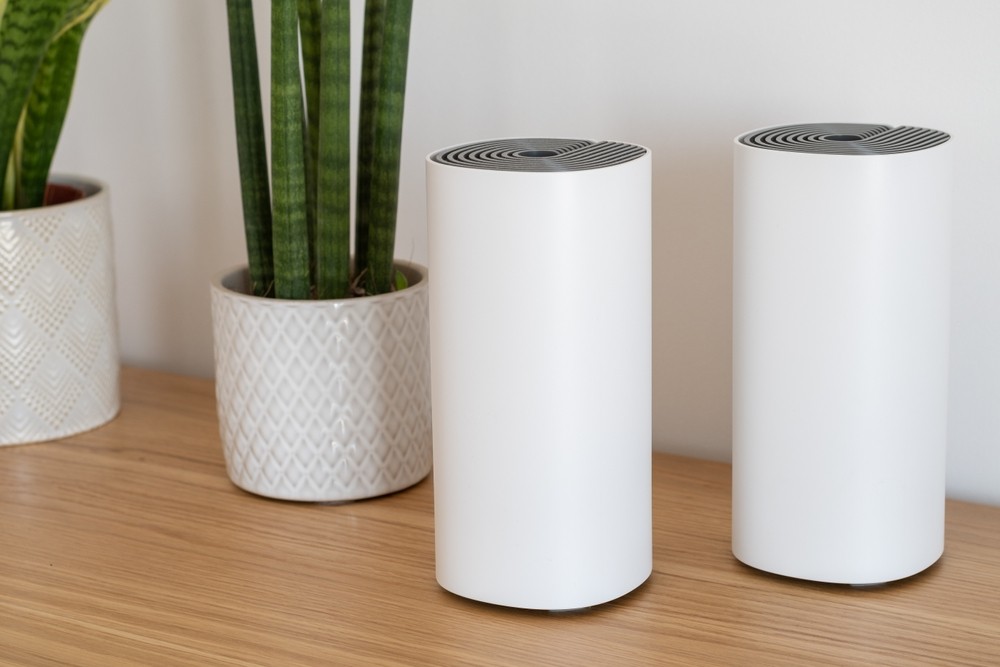Investing in a home mesh Wi-Fi system is a decision many homeowners are considering to enhance their internet connectivity. With the growing number of connected devices in homes—from smartphones and laptops to smart appliances and IoT gadgets—traditional routers often struggle to provide consistent coverage. A mesh system, however, promises to eliminate dead zones and offer seamless connectivity. Before you make the investment, there are several key factors to evaluate.
What is a Mesh Wi-Fi System?
At its core, a mesh Wi-Fi system consists of several nodes—sometimes referred to as satellites or points—that connect to each other to spread Wi-Fi coverage across a larger area. Unlike a traditional single router, a mesh system comprises multiple units, one of which often works as the primary router while the others serve as nodes that relay the Wi-Fi signal to various corners of your home. This setup allows for a blanket coverage that minimizes or eliminates weak spots where the Wi-Fi signal tends to drop off.
Advantages Over Traditional Routers
Mesh Wi-Fi systems offer several advantages over their traditional counterparts:
- Seamless Coverage: Mesh systems eliminate dead zones by offering consistent coverage across your home. Each node in the network communicates with the others, effectively spreading the Wi-Fi signal.
- Scalability: With mesh systems, you can start small and expand coverage by adding more nodes as and when required. This flexibility allows you to tailor your network to your exact needs.
- Easy Management: Many mesh systems come with intuitive apps that allow you to manage your network from your smartphone. You can monitor devices, prioritize traffic, and even pause the internet on specific devices with ease.
- Enhanced Stability: Mesh systems can self-heal. If one node fails, data is rerouted through another node, ensuring continuous connectivity.
Consider Your Home Layout
Understanding the layout of your home is crucial before adopting a mesh system. Larger homes with complex layouts or multi-level structures most benefit from a mesh topology. A standard router can struggle in homes with dense walls or various interferences. However, if you live in a small apartment or a single-story house, a high-quality router might suffice, making a mesh system an unnecessary investment.
Internet Speed Requirements
Before setting up a mesh Wi-Fi system, consider your internet service plan. If your plan offers high-speed connectivity, a mesh system can help distribute this speed uniformly across your home. Mesh systems are particularly beneficial for households that need robust internet connectivity for online gaming, streaming in 4K, or video conferencing.
- Bandwidth: Determine the bandwidth required across your devices to ensure the mesh system can handle simultaneous usage without lag.
- ISP Compatibility: Confirm that the mesh system you choose is compatible with your current internet service provider.
Understanding Costs and Budget
The cost of installing a mesh Wi-Fi system can vary significantly depending on the brand, the number of nodes, and additional features. While mesh systems are generally pricier than traditional routers, the investment might be justified by the performance benefits they provide.
- Initial Cost: Evaluate the initial costs, which include the base station and the mesh points. Prices can range from a couple of hundred dollars to upwards of five hundred, depending on the model and features.
- Expandability: Consider future expansion costs if your network needs to grow. Ensure additional nodes are available and affordable.
- Subscription Services: Some manufacturers offer premium services like advanced security features at an extra subscription cost. Factor these into your budget if they appeal to you.
Security Features
Security is a prime concern for modern Wi-Fi systems, and it’s essential to evaluate the security features of any mesh system you’re considering. The best systems come with robust security protocols to protect your network from unauthorized access.
- Encrypted Data Transmission: Ensure the mesh system supports encrypted data transmission to keep your personal data secure.
- Automatic Updates: Look for a system that offers automatic firmware updates to resolve vulnerabilities as soon as they are identified.
- Parental Controls: Some systems offer parental controls, allowing you to restrict content and manage your children’s internet usage.
- Guest Network: The ability to set up a separate guest network can protect your main network from guests who might connect with less secure devices.
Ease of Setup and User Experience
The installation and management of a mesh Wi-Fi system should be straightforward, especially if you’re not tech-savvy. Many systems offer a setup process through a guided app that walks you through each step.
- Intuitive Interface: Choose a system with a user-friendly app or interface that simplifies monitoring and managing your network.
- Support Resources: Assess the availability of customer support, user forums, and troubleshooting resources.
Aesthetics and Design
The design of a mesh Wi-Fi system is also important, particularly if you plan on placing nodes throughout living areas. Many manufacturers offer sleek, modern designs that blend seamlessly with home decor.
Brand and Product Reviews
Before making a purchase, conduct thorough research on the brand and model you are considering. Consumer reviews can provide insights into the system’s performance in real-world scenarios, while professional reviews often benchmark systems against competitors.
- Reliability: Look for consistent feedback on reliability and performance from verified buyers.
- Common Issues: Identify any recurring problems other users have experienced with the system.
- Warranty and Support: Investigate the warranty and post-purchase support offered by the manufacturer.
Environmental Considerations
With increasing awareness of environmental impact, consider the energy consumption of a mesh Wi-Fi system. Some systems are designed to be energy-efficient, reducing their carbon footprint.
Evaluating these factors thoroughly will help you determine if a mesh Wi-Fi system is the right investment for your home. By understanding your needs and conducting sufficient research, you can enhance your home’s connectivity efficiently and effectively.



